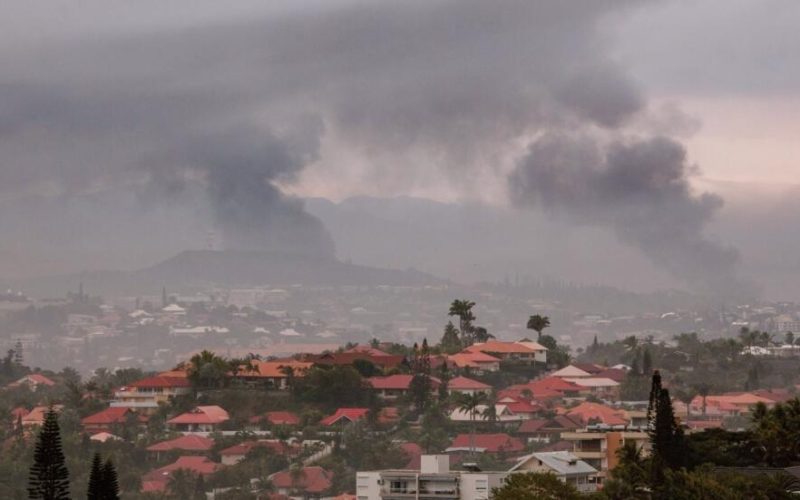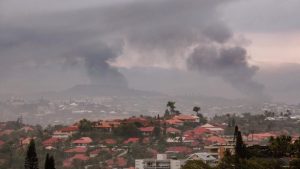In a significant move, France has declared a state of emergency in New Caledonia, a French territory in the South Pacific. This decision comes amidst escalating tensions and violence in the region, primarily fueled by long-standing independence movements and recent outbreaks of unrest.
Background
New Caledonia, located east of Australia, has been a point of contention between pro-independence groups and those favoring continued ties with France. The archipelago’s indigenous Kanak population has been advocating for independence, seeking to break away from French rule, which they view as colonial.
Escalating Tensions
The recent escalation of tensions in New Caledonia can be traced back to various factors. One of the primary reasons is the failure to implement the Nouméa Accord fully, which was signed in 1998 to pave the way for gradual decolonization and greater autonomy for the territory.
The indigenous Kanak population feels that their aspirations for self-determination have not been adequately addressed by the French authorities. This sentiment has led to sporadic outbreaks of violence and civil unrest over the years, often resulting in clashes between pro-independence activists and those supporting continued ties with France.
Declaration of State of Emergency
The decision to declare a state of emergency underscores the gravity of the situation in New Caledonia. French President Emmanuel Macron’s administration has justified this move as necessary to restore law and order in the territory and prevent further violence.
Under the state of emergency, the French government has deployed additional security forces to New Caledonia to maintain peace and stability. This includes both military personnel and gendarmes tasked with enforcing curfews, conducting patrols, and cracking down on any acts of violence or civil disobedience.
Analysis
The declaration of a state of emergency in New Caledonia raises several important questions and considerations. Firstly, it highlights the failure of existing mechanisms, such as the Nouméa Accord, to address the underlying grievances of the indigenous population effectively. Despite two decades passing since its signing, the core issues of self-determination and decolonization remain unresolved.
Secondly, the French government’s decision to impose direct rule through a state of emergency may exacerbate tensions rather than alleviate them. Pro-independence groups are likely to perceive this as a heavy-handed approach that undermines their legitimate aspirations for autonomy and independence.
Moreover, the declaration of a state of emergency could have broader implications for France’s relationship with its overseas territories and the principles of democracy and self-determination. It raises concerns about the balance between maintaining law and order and respecting the rights and aspirations of indigenous peoples.
Comparative Table: State of Emergency in New Caledonia
| Aspect | Before State of Emergency | During State of Emergency |
|---|---|---|
| Security Situation | Tensions and sporadic violence | Escalating violence and unrest |
| Governance | Semi-autonomous under French rule | Direct rule imposed by France |
| Legal Framework | Nouméa Accord in place | Suspension of certain rights |
| Civil Liberties | Relatively intact | Restrictions imposed |
| International Reaction | Concerns raised | Calls for dialogue and mediation |
| Military Deployment | Limited | Significant increase |
Conclusion
The declaration of a state of emergency in New Caledonia marks a critical juncture in the territory’s quest for self-determination and decolonization. While the French government’s priority is to restore law and order, it must also address the underlying grievances of the indigenous population through dialogue and political engagement. The path forward for New Caledonia remains uncertain, but it is clear that sustainable peace and stability can only be achieved through a genuine commitment to addressing the aspirations of all stakeholders.











